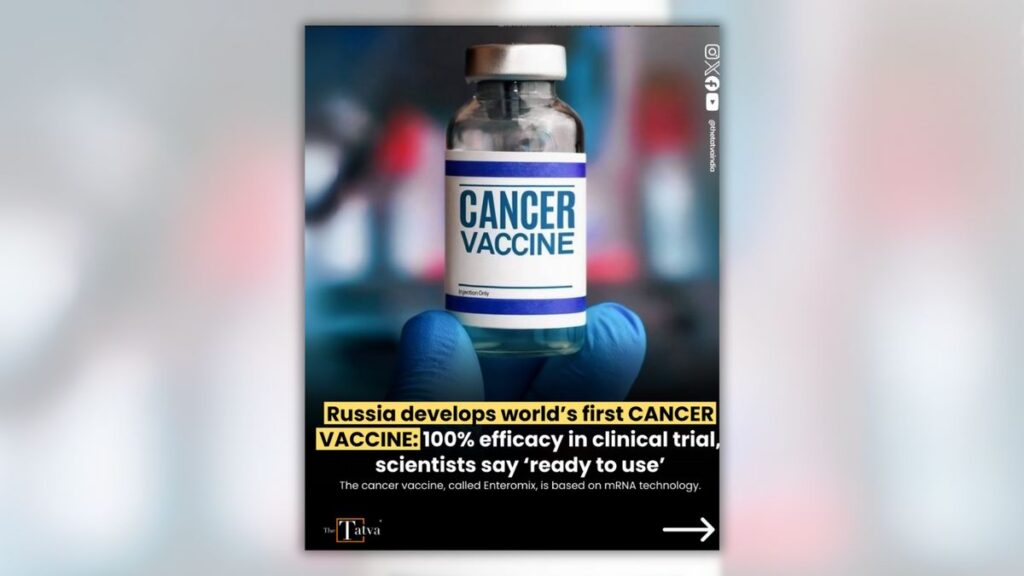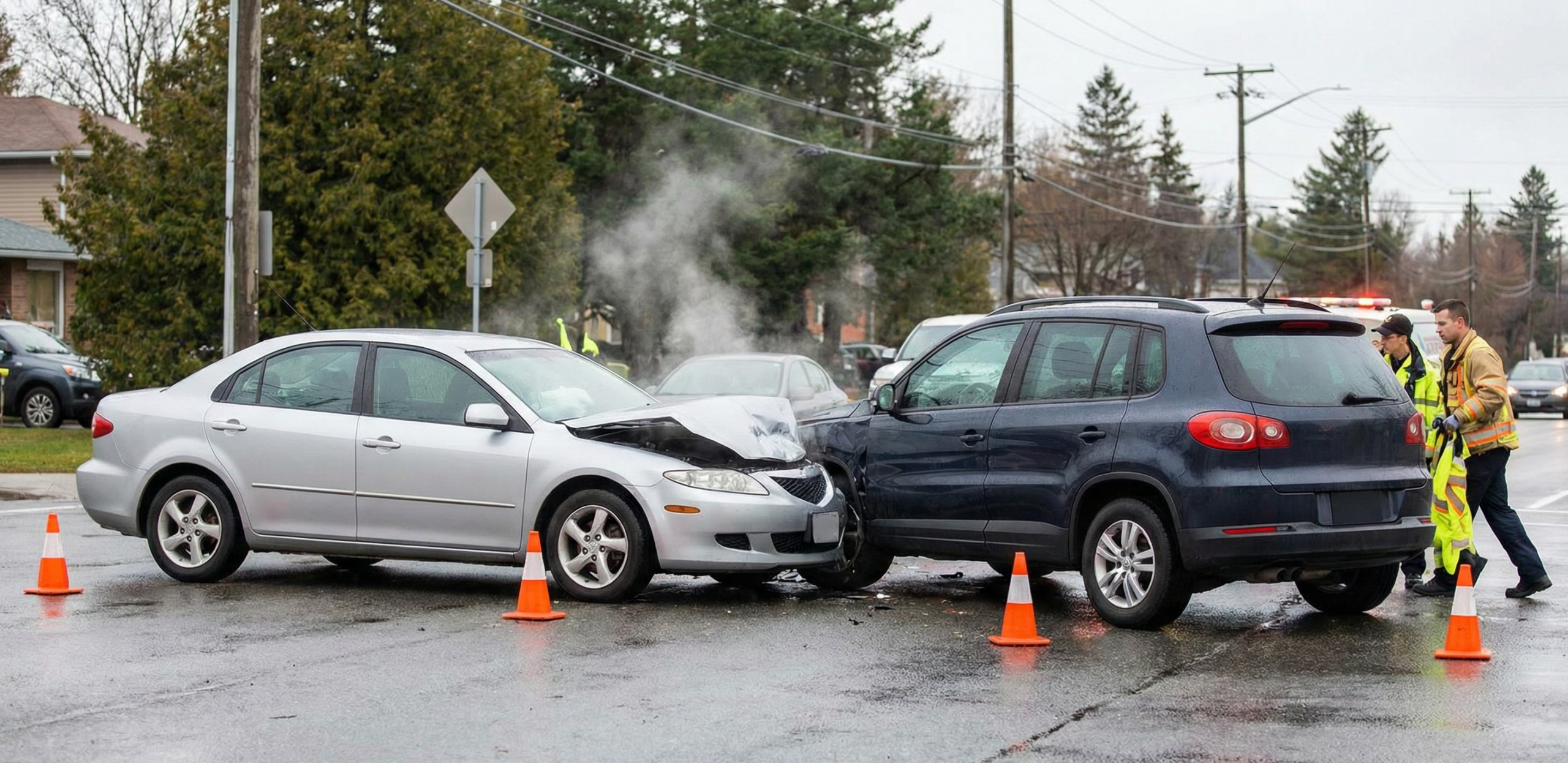
In September 2025, social media and news outlets reported claims that Russia had announced a cancer vaccine ready for clinical use. These claims suggested that the vaccine would be available free of charge to patients. However, investigations reveal that the information circulating online conflated details about three distinct cancer vaccines under development in Russia, which may have misled the public.
The specific vaccine announced as ready for clinical use is intended for treating colorectal cancer. This differs from the mRNA vaccine and the Enteromix vaccine, which are designed for broader applications against various types of cancer. As of September 2025, both of these vaccines remain in clinical trials and are not yet available for public use.
Many posts on social media attributed the claim to an article published by TASS, Russia’s state-run news agency, on September 6, 2025. Some posts inaccurately identified the colorectal cancer vaccine as the mRNA vaccine known as Enteromix, asserting that it showed “100% efficacy and safety” in initial trials. An archived Instagram post that made this claim garnered over 300,000 likes, while another post received more than 175,000 likes. Similar posts circulated on Facebook and X, offering little detail beyond the assertion that a Russian cancer vaccine was ready for use.
Despite the buzz surrounding these claims, Russian officials clarified that the vaccine currently ready for clinical use specifically targets colorectal cancer. Russian scientists are actively researching broader-spectrum cancer vaccines, including the mRNA vaccine and Enteromix, which utilizes cancer-fighting viruses. However, these vaccines are still under investigation and not prepared for widespread distribution.
The confusion appears rooted in the combination of various reports and social media narratives, leading many to believe that a single, effective vaccine had been finalized. Official statements have highlighted the distinction between the vaccines, emphasizing that while progress is being made in cancer research, the vaccines in question are not yet ready for practical application.
As the situation develops, it will be crucial for both the public and media to rely on accurate and verified information to avoid the spread of misinformation regarding significant medical advancements.






